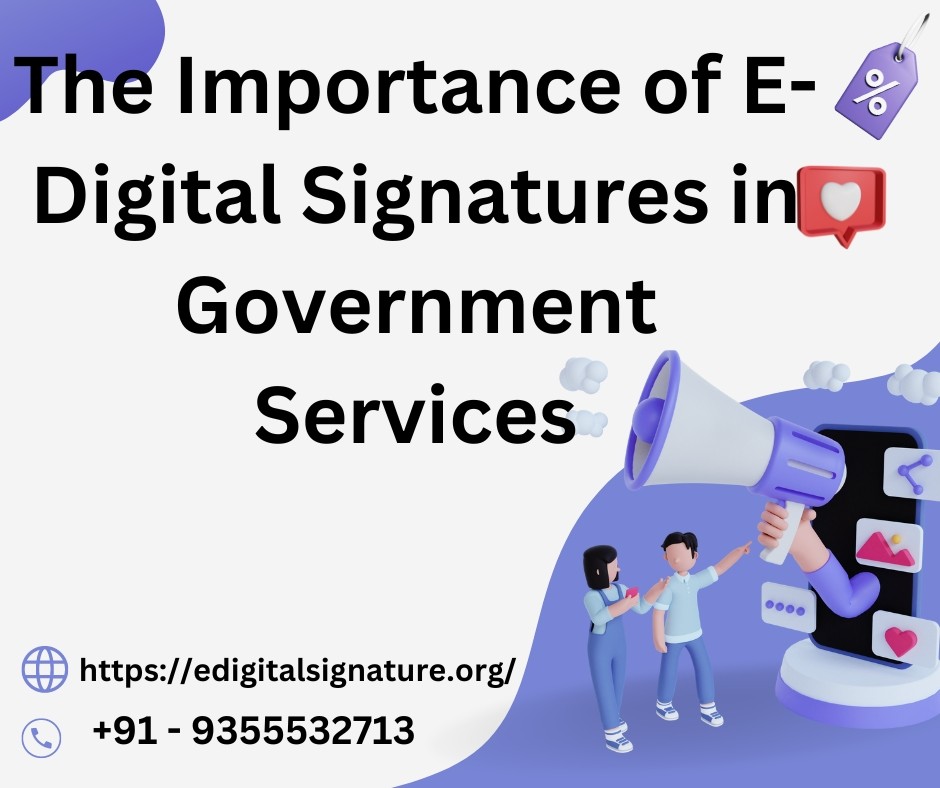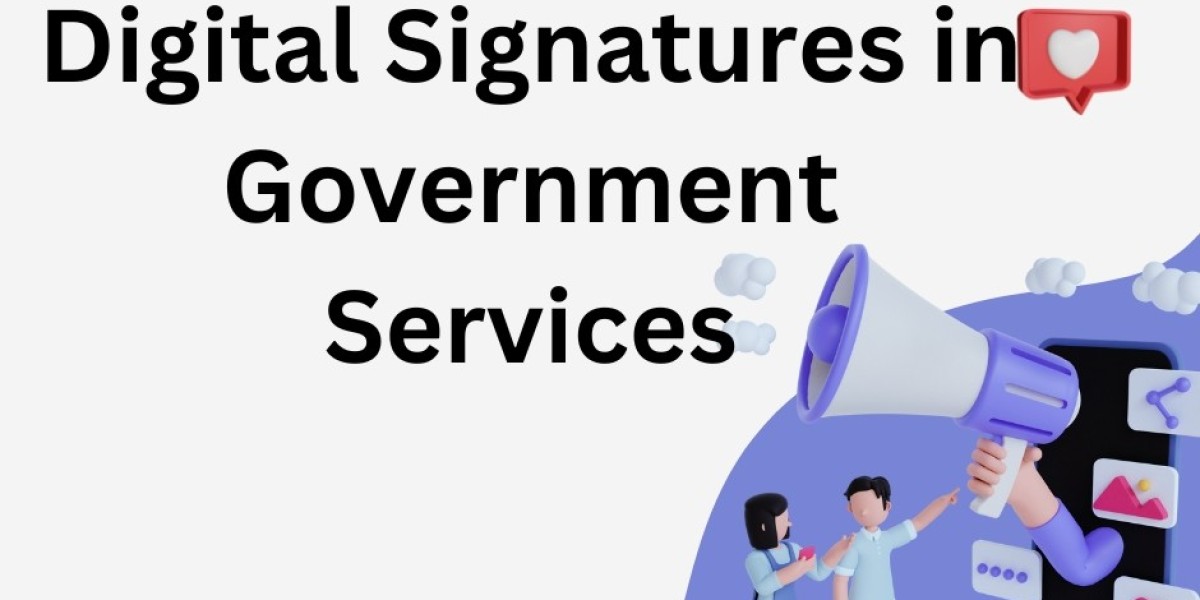E-digital signatures eliminate these delays by allowing documents to be signed and approved electronically, regardless of the signer's location. This is particularly beneficial in large government organizations where multiple approvals are needed, or where officials are spread across different geographical locations. With e-digital signatures, documents can be routed instantly to the relevant parties, significantly reducing the time required for processing. This speed not only improves operational efficiency but also enhances the delivery of services to citizens, who can receive approvals and decisions more quickly.
Security and Authentication
Security is a top priority for government services, given the sensitive nature of the information they handle. E-digital signatures provide a robust solution for ensuring the security and authenticity of documents. They use cryptographic techniques to create a unique digital fingerprint of the document, which is then encrypted and attached to the signature. This fingerprint, or hash, is unique to the document and the signer, ensuring that any changes made to the document after signing would invalidate the signature.
This high level of security is crucial for government transactions, which often involve personal data, legal documents, and confidential information. For example, when issuing official documents such as licenses, certificates, or contracts, it is essential to ensure that the document is genuine and has not been altered. E-digital signatures provide this assurance, helping to prevent fraud, forgery, and unauthorized alterations. Moreover, they offer a verifiable audit trail, which records the entire signing process, including the identity of the signer, the time of signing, and any changes made to the document. This audit trail is invaluable for maintaining transparency and accountability in government operations.
Legal Validity and Compliance
Governments operate within strict legal frameworks, and ensuring compliance with these laws is critical. E-digital signatures are legally recognized in many countries, offering the same legal standing as traditional handwritten signatures. In the United States, the Electronic Signatures in Global and National Commerce (ESIGN) Act and the Uniform Electronic Transactions Act (UETA) provide a legal framework for the use of electronic signatures in government and business transactions. Similarly, the European Union’s eIDAS regulation establishes the legal validity of electronic signatures across member states.
For government services, the legal recognition of e-digital signatures means that electronically signed documents can be used in legal proceedings, just like paper documents. This is particularly important for contracts, agreements, and other legally binding documents. Moreover, using e-digital signatures ensures compliance with various regulations related to data protection, record-keeping, and document management. Governments can thus confidently implement e-digital signatures, knowing that they meet the necessary legal standards.
Cost Savings and Environmental Benefits
Cost efficiency is another significant advantage of e-digital signatures in government services. Traditional paper-based processes involve substantial costs related to printing, mailing, storing, and managing physical documents. These costs can be particularly high in government organizations, which handle large volumes of paperwork daily. E-digital signatures eliminate the need for paper, ink, postage, and physical storage, leading to substantial cost savings.
Additionally, e-digital signatures contribute to environmental sustainability. By reducing the reliance on paper, governments can significantly decrease their environmental footprint. This is in line with global efforts to promote sustainable practices and reduce carbon emissions. Governments that adopt e-digital signatures can also demonstrate their commitment to environmental stewardship, setting an example for citizens and businesses to follow.
Improving Public Access and Inclusivity
One of the key goals of government services is to ensure that all citizens have access to public resources and services, regardless of their location or physical abilities. E-digital signatures play a crucial role in achieving this goal by enabling remote access to government services. Citizens no longer need to visit government offices in person to sign documents or submit applications. Instead, they can complete these tasks online from the comfort of their homes, using a computer or mobile device.
This is particularly beneficial for citizens living in remote or rural areas, who may have limited access to government offices. It also benefits people with disabilities, for whom visiting a physical office may be challenging. By making government services more accessible, e-digital signatures help promote inclusivity and ensure that all citizens can participate in public affairs.
Building Trust and Transparency
Trust is fundamental to the relationship between governments and citizens. E-digital signatures contribute to building this trust by ensuring the integrity and authenticity of government communications. When citizens receive a document or communication that is digitally signed, they can be confident that it is legitimate and has not been tampered with. This is especially important in an era where digital fraud and cybercrime are on the rise.
Moreover, the use of e-digital signatures promotes transparency in government operations. The audit trails associated with e-digital signatures provide a clear record of who signed a document when it was signed, and what changes were made. This transparency helps prevent corruption and ensures that government officials are held accountable for their actions. In turn, this builds public confidence in government institutions and their commitment to ethical and transparent governance.
Streamlining Intergovernmental Collaboration
Government operations often require collaboration between different departments, agencies, and even levels of government. E-digital signatures facilitate this collaboration by enabling the secure and efficient exchange of documents and approvals. For example, a federal government agency can easily share a digitally signed document with a state or local government agency, without the need for physical mail or courier services.
This seamless exchange of information is particularly important in situations that require quick decision-making, such as disaster response, public health emergencies, or national security matters. E-digital signatures ensure that documents are signed and shared quickly and securely, enabling different government entities to work together more effectively.
Facilitating Cross-Border Transactions and International Cooperation
In today’s interconnected world, governments often engage in cross-border transactions and international cooperation. Whether it’s signing treaties, managing trade agreements, or coordinating global issues, the ability to securely sign and authenticate documents across borders is crucial. E-digital signatures provide a standardized and legally recognized method for signing documents electronically, regardless of the location of the parties involved.
For example, e-digital signatures can be used in international trade agreements, ensuring that the terms of the agreement are securely documented and legally binding. Similarly, they can facilitate cooperation between governments on issues such as climate change, public health, and cybersecurity, where international collaboration is essential. The use of e-digital signatures in these contexts not only streamlines the process but also ensures that all parties have confidence in the authenticity and integrity of the signed documents.
Overcoming Challenges and Ensuring Successful Implementation
While the benefits of e-digital signatures in government services are clear, implementing this technology is not without challenges. Governments may face resistance to change, concerns about the security of electronic systems, and the need for significant investment in infrastructure and training. However, these challenges can be overcome with a strategic approach.
Firstly, governments should focus on educating employees and stakeholders about the benefits of e-digital signatures and addressing any concerns they may have. This includes providing training on how to use the technology effectively and securely. Secondly, governments should invest in robust e-digital signature solutions that meet the highest security standards and are compliant with relevant legal frameworks. Finally, it’s essential to ensure that the technology is user-friendly and accessible to all citizens, to maximize its adoption and effectiveness.
Also read:- https://edigitalsignature.org/blog/digital-signature-certificate-for-income-tax
Conclusion
E-digital signatures are a vital tool for modernizing government services and meeting the demands of the digital age. They offer numerous benefits, including increased efficiency, enhanced security, legal compliance, cost savings, and improved public access. By adopting e-digital signatures, governments can streamline operations, build trust with citizens, and ensure transparency and accountability in their dealings. As governments continue to embrace digital transformation, e-digital signatures will play an increasingly important role in shaping the future of public services. By overcoming the challenges of implementation and fully leveraging the potential of e-digital signatures, governments can enhance their service delivery and better serve their citizens in the digital era.




